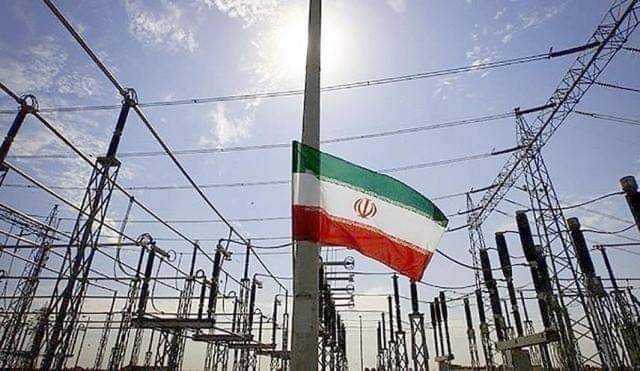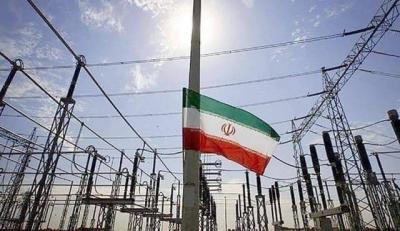New developments have emerged regarding the Iranian fuel grant, as the Minister of Energy in the caretaker government, Walid Fayad, revealed that “the designated Prime Minister Najib Mikati tasked him with forming a technical delegation to go to Tehran to discuss the Iranian fuel grant.” According to "Al-Binaa," the Lebanese delegation visiting Tehran will discuss the specifications of the fuel, and if it meets Lebanese standards, it will be transported to Lebanon since the grant is exempt from U.S. sanctions on Iranian oil exports.
"Al-Akhbar" reported that after receiving an official response from the Iranian ambassador in Beirut, Mojtaba Amani, regarding the fuel specifications, Mikati asked the Minister of Energy to form a technical and engineering delegation from the ministry and the Electricité du Liban company to go to Tehran, without the presence of the Minister of Energy at its head. Mikati also conditioned obtaining guarantees that the grant would not impose any costs on Lebanon, including costs related to the exchange operations between Iranian oil and the fuel matching Lebanese specifications, and called on the delegation to seek a substantial grant that would enable the production of five hours of electricity daily over an extended period.
According to "Al-Akhbar," the Ministry of Energy sent a letter to the Prime Minister listing the names of the delegation members, which includes: the Director General of Oil, the Acting Director General of Investment, Engineer Oror Al-Faghali, the Assistant Director General of the Oil Installations, Engineer Zahir Suleiman, the Production Director at Electricité du Liban, Engineer Bashar Atiyeh, and the administrator Muhammad Hijazi from Electricité du Liban. After the Prime Minister's approval, the ministry sent a letter to the Iranian ambassador informing him of the delegation's formation and names, and the possibility of conducting the visit "next week to discuss all technical, administrative, and contractual aspects to put the grant on the fast track for implementation."
According to concerned sources, the delegation aims to propose benefiting from a quantity of 75,000 tons of fuel monthly, which would allow Lebanon to receive an additional five hours of electricity, complementing the two hours daily provided by Electricité du Liban from Iraqi fuel and hydroelectric plants.




